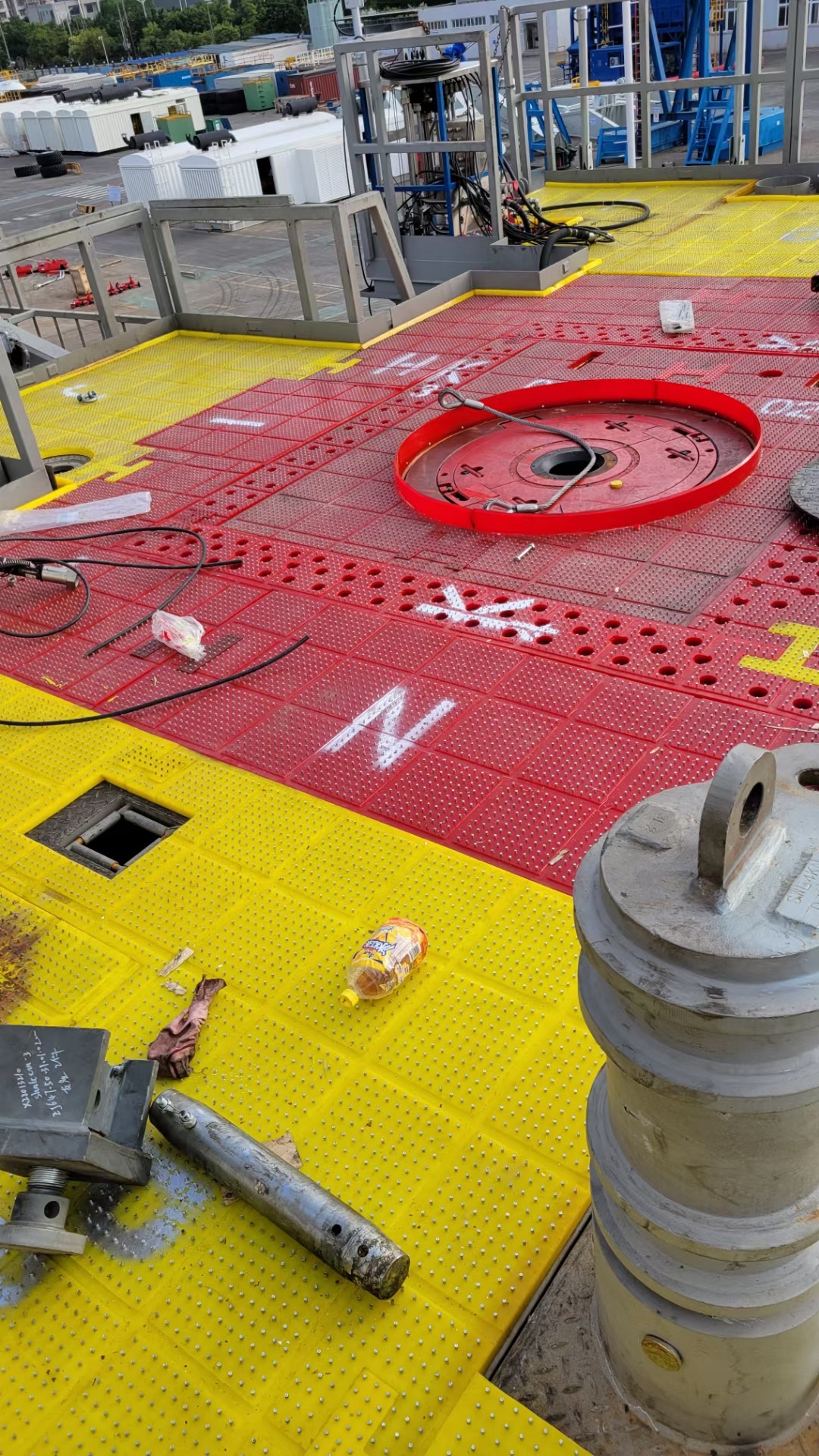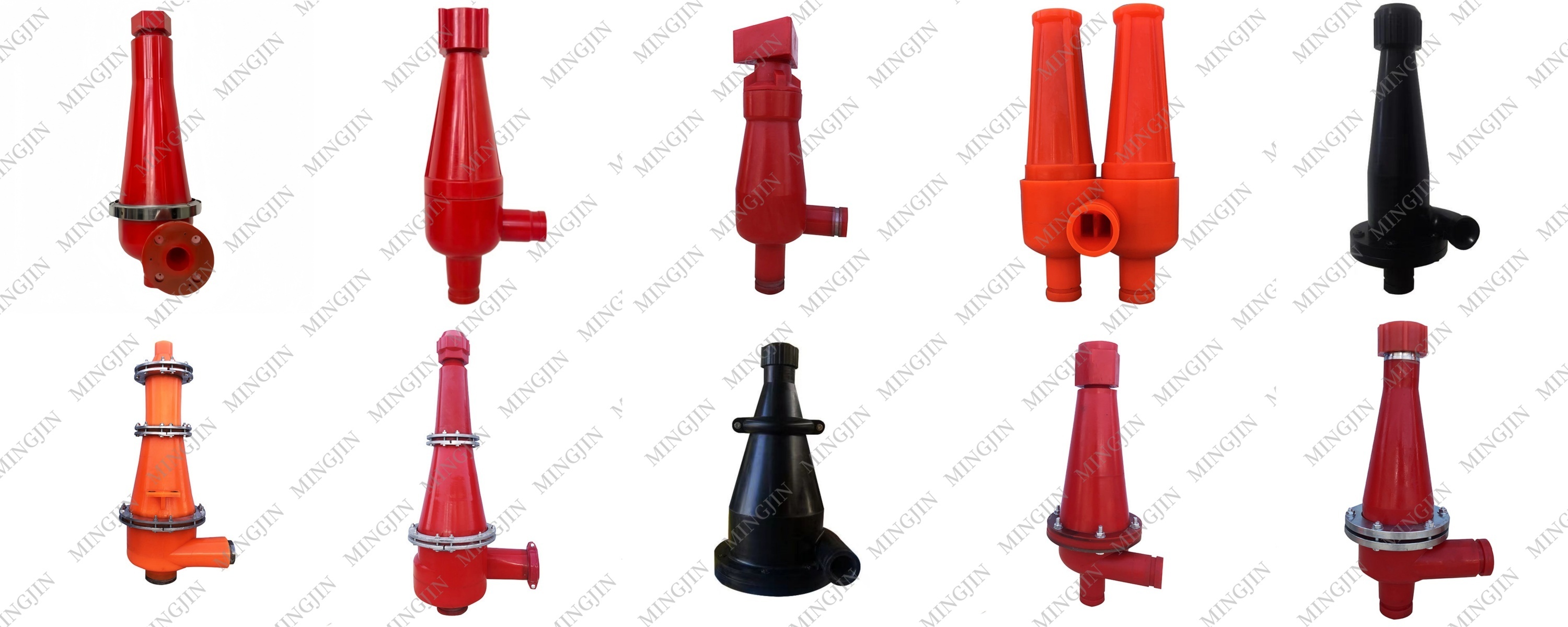High Pressure Fluid Line Connectors: A Comprehensive Overview
May 08,2025
High pressure fluid line connector

In various industries, especially those involving hydraulics and pneumatics, high pressure fluid line connectors play a crucial role. These connectors are essential for ensuring the safe and efficient transmission of fluids under high pressure. This article aims to provide a comprehensive overview of high pressure fluid line connectors, exploring their types, applications, materials, and key considerations for selection and maintenance.
Types of High Pressure Fluid Line Connectors
High pressure fluid line connectors can be categorized into several types, each designed for specific applications and operating conditions.
1. **Threaded Connectors**: These are among the most common types of connectors used in high pressure applications. They feature a male and female threaded design that allows for a secure connection. Threaded connectors are often made from durable materials like steel or stainless steel to withstand high pressures.
2. **Quick Disconnect Connectors**: These connectors are designed for ease of use, allowing operators to quickly connect or disconnect fluid lines without the need for tools. They are particularly useful in applications where frequent changes in connection are necessary, such as in mobile equipment or portable machinery.
3. **Flanged Connectors**: Flanged connectors are used in situations where high pressure and high flow rates are present. They consist of two flanges bolted together, creating a tight seal. This type of connector is commonly used in industrial applications where large volumes of fluids need to be transported.
4. **Push-to-Connect Connectors**: Also known as push-in connectors, these are designed for quick and easy assembly. They work by simply pushing the tubing into the connector, which locks it in place. This type of connector is often used in pneumatic systems and is favored for its simplicity.
Applications of High Pressure Fluid Line Connectors
High pressure fluid line connectors are utilized across a wide range of industries.
1. **Hydraulic Systems**: In hydraulic applications, these connectors are essential for connecting hoses and tubes that carry hydraulic fluid. They must be capable of withstanding high pressures to ensure the safe operation of hydraulic machinery.
2. **Oil and Gas Industry**: The oil and gas sector relies heavily on high pressure connectors for transporting fluids in drilling and production operations. The harsh environments and extreme pressures encountered in this industry necessitate the use of robust and reliable connectors.
3. **Automotive Industry**: High pressure fluid line connectors are also critical in automotive applications, particularly in fuel systems and brake lines. They must meet stringent safety standards to prevent leaks and ensure reliable performance.
4. **Aerospace**: In aerospace applications, connectors must not only withstand high pressures but also be lightweight and resistant to corrosion. Specialized connectors are used in hydraulic systems for aircraft, where reliability is paramount.
Materials Used in High Pressure Fluid Line Connectors
The choice of materials for high pressure fluid line connectors is vital for their performance and longevity.
1. **Stainless Steel**: Known for its excellent corrosion resistance and strength, stainless steel is a popular choice for high pressure connectors. It is suitable for a wide range of fluids and environments, making it versatile for various applications.
2. **Brass**: Brass connectors are often used in applications where lower pressures are involved. They offer good corrosion resistance and are relatively easy to manufacture. However, they may not be suitable for extreme high-pressure applications.
3. **Aluminum**: Lightweight and resistant to corrosion, aluminum connectors are often used in applications where weight savings are critical, such as in aerospace. However, they may not offer the same strength as steel connectors.
4. **Plastic**: In some applications, particularly in low-pressure systems, plastic connectors may be used. They are lightweight and resistant to corrosion, but their use in high-pressure situations is limited.
Key Considerations for Selection and Maintenance
When selecting high pressure fluid line connectors, several factors should be taken into account.
1. **Pressure Rating**: It is essential to choose connectors that can withstand the maximum pressure of the application. Exceeding the pressure rating can lead to failures and potentially hazardous situations.
2. **Fluid Compatibility**: The materials used in connectors must be compatible with the fluids being transported. Chemical compatibility is crucial to prevent degradation and leaks.
3. **Temperature Range**: Connectors should be selected based on the operating temperature range. High temperatures can affect the performance of certain materials, leading to failures.
4. **Installation and Maintenance**: Proper installation is key to ensuring the reliability of high pressure connectors. Regular maintenance and inspections should be conducted to identify any signs of wear or damage.
In conclusion, high pressure fluid line connectors are vital components in many industries. Their design, material selection, and maintenance are critical for ensuring safe and efficient fluid transmission. Understanding the various types of connectors and their applications can help engineers and technicians make informed decisions when selecting the right connector for their specific needs. With proper care and consideration, high pressure fluid line connectors can provide reliable service for many years, contributing to the overall efficiency and safety of fluid systems.
Key words:



